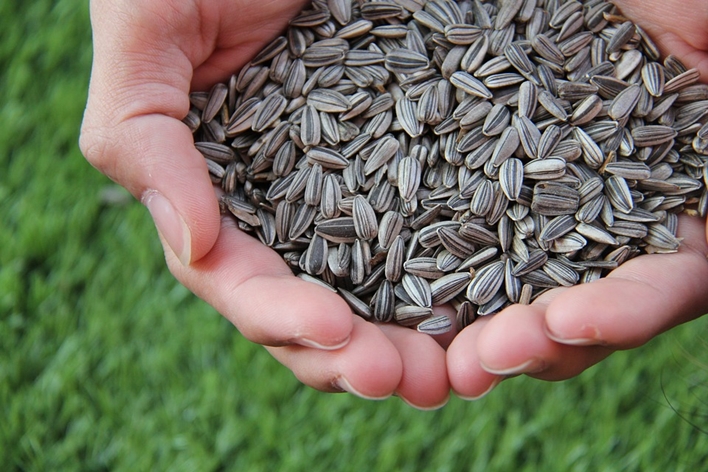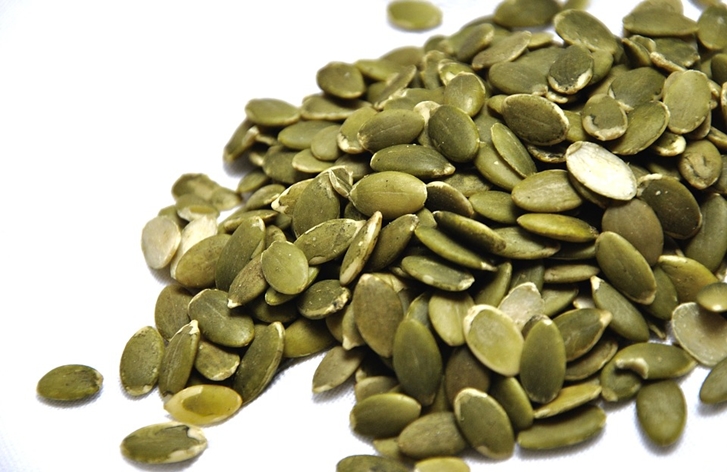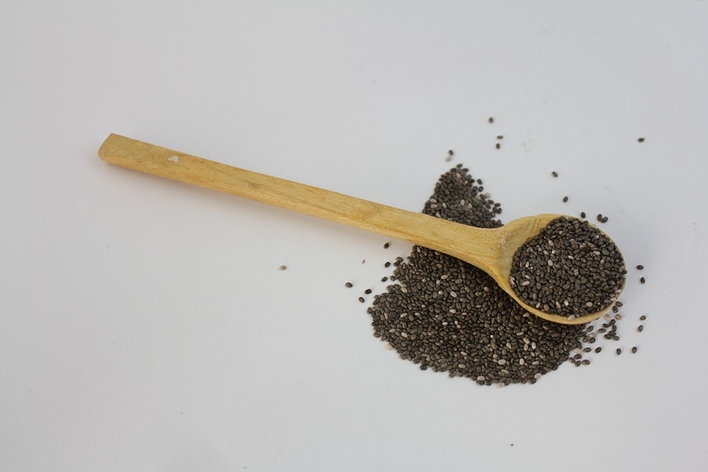Of late, superfoods and superseeds seem to be the buzzword every health-conscious person lives by. And, with good reason. Research has highlighted the benefits of certain seeds loaded with nutrition and goodness, ultimately earning them the classification of super-seeds. Here’s our list of three such seeds that you must include in your daily diet
Sunflower seeds

Easily available and inexpensive, the seeds have a firm but tender texture. These tiny seeds have unsaturated fats that are extremely good for anyone watching their weight, trying to keep cholesterol in check, or just looking to make healthy dietary choices. But it is their high vitamin E content that has health-nuts raving about them. Research suggests that the vitamin E naturally found in these seeds is a far better alternative than supplements or pills. “It is best to have sunflower seeds roasted. You can add them to salads, dals, or just eat them on their own,” says dietitian and nutrition educator Neha Chandna. Add about one to two tablespoons of these seeds to smoothies, pasta sauces, breakfast cereals, or just munch on them at your desk instead of reaching out for processed foods like chips or biscuits.
Pumpkin seeds

Green, chewy and nutty with a slightly sweet aftertaste, the white husks of pumpkin seeds pack in a lot of health benefits. These fibre-rich seeds are also a wonderful source of plant-based omega-3 fats, making them ideal for vegetarians or vegans looking for alternatives to animal-based Omega-3s. “They’re a good source of micro-minerals like calcium and iron. They’re also anti-oxidant-rich seeds, and also have zinc, magnesium in sizeable amounts, that are usually not found in a regular diet,” says Mumbai-based dietitian Khushboo Sahijwani. When it comes to consumption, Sahijwani recommends mixing a teaspoon or two of roasted pumpkin with flax seeds and chia seeds for best results. “Add the blend to your salad, breakfast cereal, or have it with your bowl of curd during meals.”
Chia seeds

These tiny black or white seeds have an extremely high fibre content – 5 grams per tablespoon. The carbohydrates in these seeds are also dietary fibre, making them a great snack for gym rats. Sizeable quantities of Omega-3 fatty acids and proteins is what makes these diminutive seeds an instant hit with vegans. “The best way to consume chia is to add it to a bottle of water and keep sipping from it throughout the day,” says Chandna. Another alternative is to add it to juices, soups, smoothies and even breakfast cereals. Since the seeds are tiny, about 2-3 teaspoons a day would suffice. Chandna is, however, quick to caution that some people may be slightly sensitive to chia seeds, especially those with a weak stomach, so it’s best to begin with a smaller quantity and guage what works best for you.









